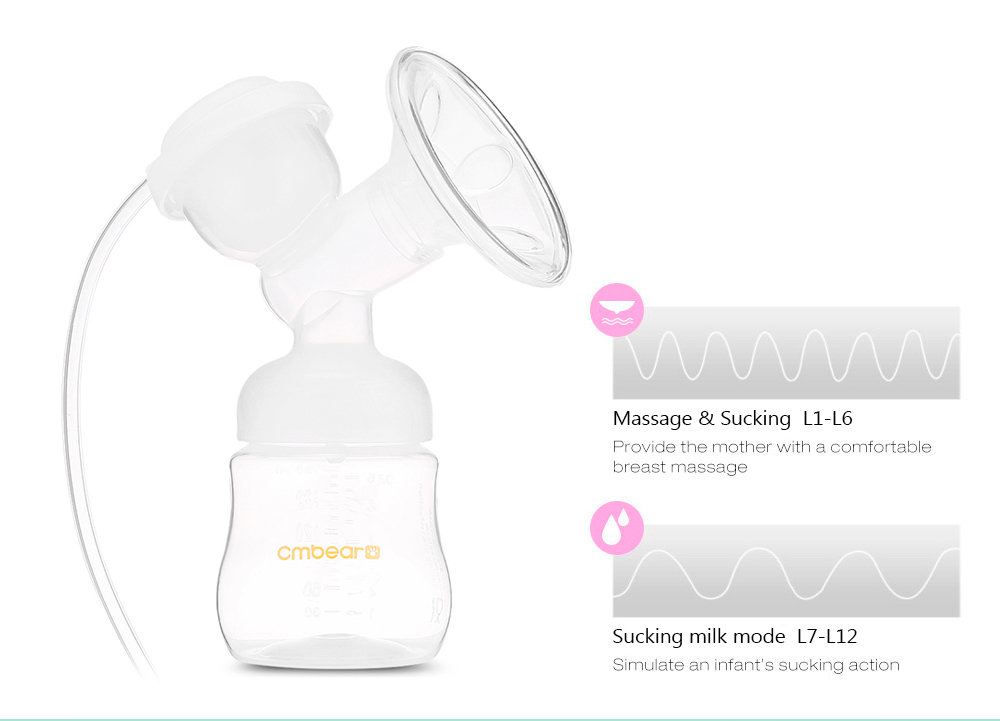How to become a certified child caregiver
How to Become a Certified Child Care Provider
Are you considering a career as a certified child care provider?
A career as a certified child care provider can provide tremendous personal fulfillment for the right person who loves working with kids, has a passion for education and wants to make a difference.
As a child care provider, you’ll have the opportunity to work with children each day and support them through social, emotional, physical, cognitive and linguistic development during their most critical years for early learning.
Earning professional child care certifications will help you enhance your skills as a child care provider, earn the trust of parents and demonstrate to employers your commitment to excelling in your field. You’ll also find plenty of opportunities for career advancement, including self-employment, teaching and child care administration.
If you’re excited to learn how to become a child care provider, we’ve created this guide especially for you. We describe exactly what certified child care providers do and detail the requirements for earning professional certification. We’ll explain the certification process and highlight some additional steps you can take to excel in your career. Finally, we’ll highlight some of the most exciting career opportunities that are available to early childhood educators.
What is a Certified Child Care Provider?
Child care providers are responsible for providing kids with routine care, ensuring their safety, supporting their social, physical and cognitive development with age-appropriate learning activities, and creating a positive environment that minimizes stress and promotes learning and growth.
Certified child care workers perform duties that include:
- Supervising children from infancy up to 12 years of age to ensure their safety
- Organizing mealtimes and preparing meals and snacks for kids
- Helping kids develop self-care routines, including personal hygiene
- Planning lessons and organizing activities to support cognitive development
- Ensuring kids get enough physical activity
- Supporting kids as they develop emotionally and socially as part of the community
- Teaching social and life skills such as manners, mutual respect and conflict resolution
- Recording observations of child behaviors, development and interests
According to the United States Bureau of Labor Statistics, child care workers in the United States earn an average salary of $24,230 per year.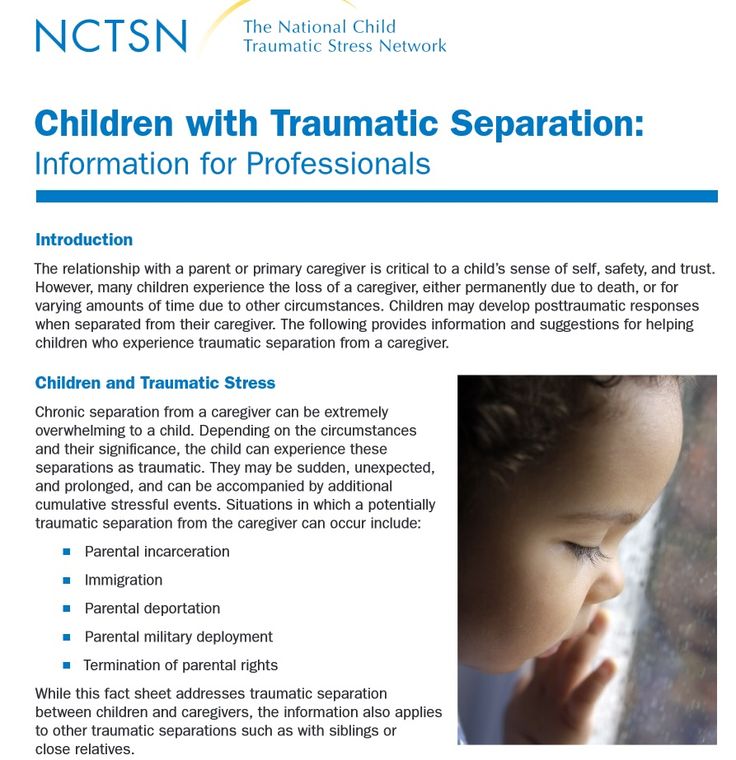 Child care providers may find employment in child care centers or private households, or they may choose to open their own in-home daycare center to provide services to families in their local neighborhoods. To meet the needs of parents who work during the day, child care centers usually open between 6 a.m. and 7 a.m. each morning and close between 6 p.m. and 7 p.m. each night.
Child care providers may find employment in child care centers or private households, or they may choose to open their own in-home daycare center to provide services to families in their local neighborhoods. To meet the needs of parents who work during the day, child care centers usually open between 6 a.m. and 7 a.m. each morning and close between 6 p.m. and 7 p.m. each night.
Requirements for Becoming a Certified Child Care Provider
To become a certified child care provider, you will need to earn a professional credential or designation from one of two nationally recognized organizations: the Council for Professional Recognition, which offers the Child Development Associate (CDA) designation, and the National Child Care Association, which offers the Certified Childcare Professional (CCP) designation. While the requirements for these designations differ in several ways, they are both accepted as professional credentials for child care workers.
Earning Your CCP Certification
The CCP certification is administered by the National Early Childhood Program Accreditation (NECPA) Commission, an organization established in 1991 to encourage quality and recognize achievement in early child care programs.
To meet the requirements of the CCP evaluation process, you must:
- Possess a high school diploma or the equivalent education.
- Be 18 years of age or older.
- Speak, read and write English enough to perform duties as a child care professional.
- Select a CCP Field Counselor to guide and evaluate you throughout the certification process.
- Accrue 720 hours of experience (approximately 18 weeks of full-time employment) working with kids from infants to six years of age at a center-based care facility.
- Complete 180 hours of education or training across nine professional ability areas (see below).
- Pass the National Early Childhood Education accreditation exam.
- Prepare and submit a professional development portfolio.
- Successfully participate in an observational assessment of your job performance.
- Obtain letters of endorsement from a child care colleague and a child care director.
- Complete two parent evaluations.

- Submit two writing samples with relevance to professional activities.
- Establish plans for ongoing professional development in early childhood education.
- Complete the application review process through the NECPA Professional Standards Council.
Successful applicants for the CCP certification are required to demonstrate competency across nine professional ability areas:
- Establishing and maintaining a safe and nurturing learning environment.
- Promoting cognitive, physical and social/emotional development.
- Creating purposeful learning through curriculum and content.
- Being inclusive and culturally responsive.
- Demonstrating effective management of the learning environment.
- Showing a commitment to professional development and leadership in early child care.
- Using assessments to plan learning opportunities and document outcomes via recorded observations.
- Exhibiting knowledge and practical application of child development theory.

- Displaying computer literacy and supporting learning through technology.
Your journey toward CCP certification begins on the NECPA website, where you’ll be able to designate a field counselor for your application process and purchase a CCP enrollment packet containing the required documents and additional instructions to facilitate your application.
Once you have completed the requirements of the enrollment packet, you will submit a CCP Observation and Assessment Request Form, along with copies of your enrollment packet documents and the required assessment fees. Once your documents have been reviewed, your field counselor will administer a performance-based assessment by observing your interactions with kids in a child care setting.
Your entire application will be reviewed by the Professional Standards Council. If you are successful, you will receive the CCP designation. The designation is valid for a period of two years, after which it must be renewed. To renew CCP designations, child care professionals must provide evidence of their participation in 24 hours of continuing education every two years.
To renew CCP designations, child care professionals must provide evidence of their participation in 24 hours of continuing education every two years.
Earning Your CDA Certification
The CDA Certification is administered by the Council for Professional Recognition through the Child Development Associate National Credentialing Program, established in 1975 to assess, recognize and improve the performance of child care professionals.
In applying for the CDA credential, you may choose from four different pathways to certification depending on the setting in which you work. The four settings are:
- Center-Based, Preschool – for child care professionals working with children from ages three to five.
- Center-Based, Infant-Toddler – for child care professionals working with children from birth to 36 months of age.
- Family Child Care – for child care professionals working with children from birth to five years of age.
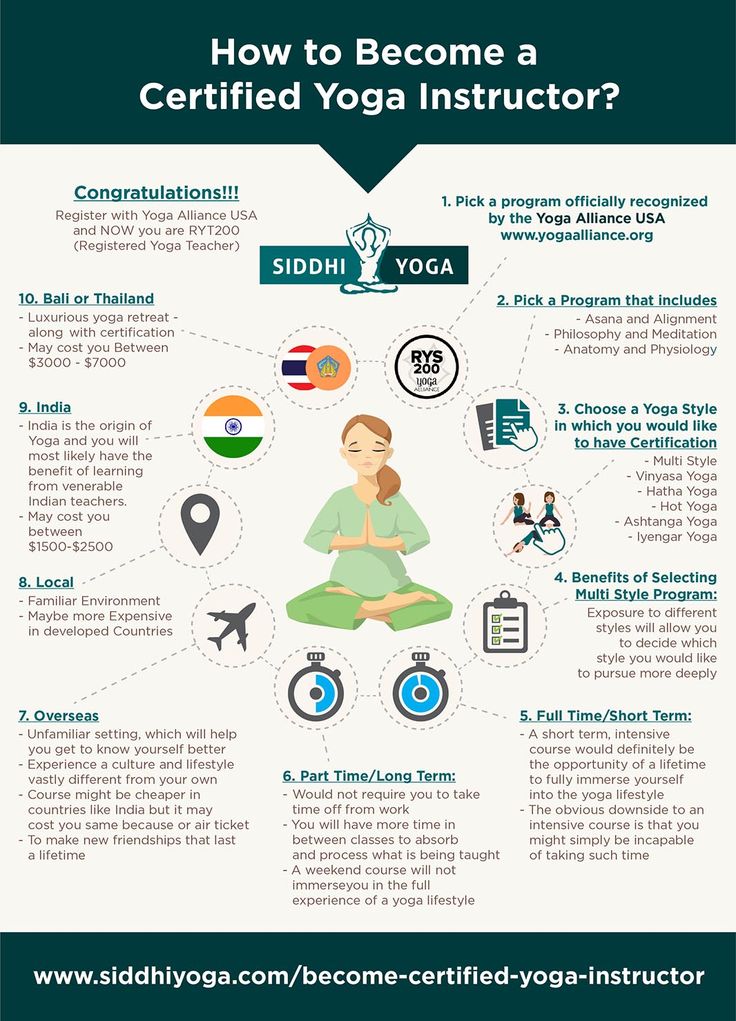
- Home Visitor – for child care professionals working with families of children from birth to five years of age.
Before applying for the CDA credential, you must:
- Earn a high school diploma or be currently enrolled as a junior or a senior in a high school career and technical program that focuses on early childhood education.
- Complete 120 hours of early childhood education training, with at least 10 training hours in each of eight CDA subject areas:
- Planning a safe and healthy learning environment
- Advancing children’s physical and intellectual development
- Supporting children’s social and emotional development
- Building productive relationships with families
- Engaging in program operations management
- Displaying a commitment to professionalism
- Observing and recording child behaviors
- Demonstrating theoretical knowledge of child development and learning
- Complete 480 hours of professional work experience in the chosen child care setting.

- Prepare a CDA Professional Portfolio as instructed in the CDA Competency Standards Book.
- Connect with a CDA Professional Development (PD) Specialist.
Having completed the above requirements, you may submit your CDA application online or complete and submit by mail the paper application provided with the CDA Competency Standards Book. Following acceptance of your application, you will be notified of your eligibility to schedule a CDA Verification Visit and CDA Exam.
During the Verification Visit, the designated PD Specialist will visit your workplace and observe your interactions with the children in your care. They will assess your professional strengths and greatest opportunities for improvement, then submit an evaluation to the Council. The Council will consider the results of the verification visit when determining whether to award you the CDA credential.
You’ll need to complete the CDA exam by setting an appointment at an approved testing facility and reporting there in person. The CDA exam consists of 65 questions – 60 multiple-choice and five scenario-based questions with a descriptive photo and a short narrative. You’ll have an hour and 45 minutes to complete the exam.
The CDA exam consists of 65 questions – 60 multiple-choice and five scenario-based questions with a descriptive photo and a short narrative. You’ll have an hour and 45 minutes to complete the exam.
Following your exam, a committee with the Council for Professional Recognition will review your application and results, then determine whether to award you the CDA professional designation. If the committee decides that you need additional training, you’ll receive recommendations on how to improve your application.
Excelling as a Child Care Provider
One important similarity between the nine professional ability areas of the CCP and the eight subject areas of the CDA is the requirement for ongoing professional development. Earning your professional designation as a child care provider isn’t just a commitment to educating children, it also represents a commitment to educating yourself, building your skills and expanding your qualifications as a child care provider.
To help you get moving in the right direction, here are three steps you can take to go beyond your professional certification and truly excel as a child care provider.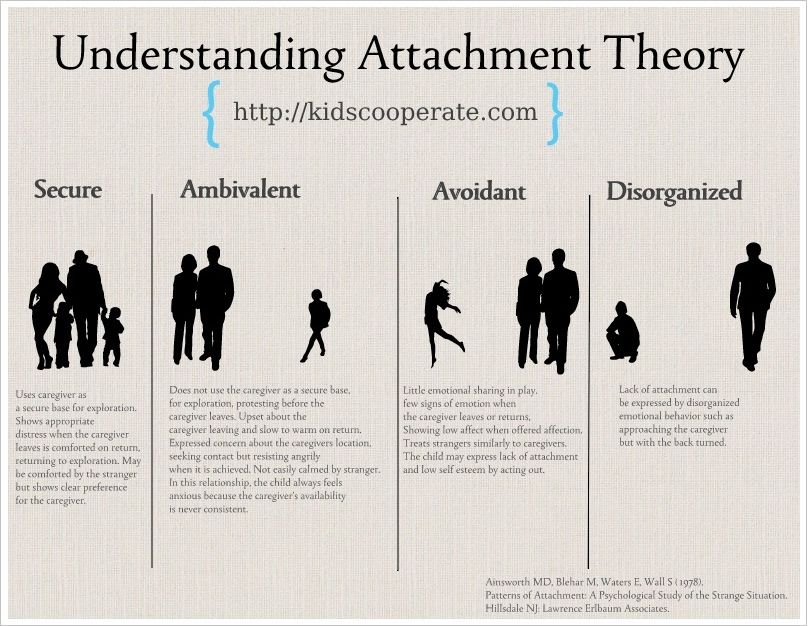
Complete a Degree Program in Early Childhood Education
Completing a degree program in early childhood education is a way to increase your theoretical knowledge of child development and learning.
According to the National Center for Education Statistics, there are over 1,000 institutions (colleges and universities) in the United States offering associate’s and bachelor’s degree programs in early childhood education. Earning a college degree in early childhood education brings you closer to becoming an expert in your field, gives you an edge in the employment market, and helps you earn the trust and confidence of parents.
Get Experience in Diverse Child Care Settings
Getting work experience in diverse child care settings can broaden your perspective, expose you to new challenges and opportunities, and support your career development as a child care provider. Here are just a few options you could consider:
- Work with preschool-aged kids in a center-based care facility
- Work with infants in a center-based care facility
- Work with kids who have special needs in a center-based care facility
- Volunteer at hospitals for sick children
- Tutor young children in math and reading
- Work as a camp counselor
- Volunteer at an after school program, helping kids with homework or teaching a skill
Pursue Continuing Education & Additional Certifications
As a certified child care provider, you can gain valuable knowledge and insight, enhance your skills and improve your employment prospects by pursuing continuing education and additional certifications related to early childhood education.
Some certifications, such as CPR and First Aid, are required for employment in most centers, while others are optional but may be desirable for employers. Consider taking courses or completing certificate programs in:
- Applied behavior analysis
- Abuse counseling
- Water safety
- Infant care
- Nutrition
- Positive discipline
- Child care administration
Career Opportunities for Early Childhood Educators
There are numerous career pathways available for child care providers who wish to broaden their horizons and take on more responsibility. Some of the best options include:
- Child Care Administrator/Director – You’ll be responsible for managing a center-based care facility, with duties like staff management, budgeting, designing curriculum and programming, and supervising daily operations.
- Preschool Teacher – You’ll work at a preschool, providing education services and routine care for kids between birth and five years of age.
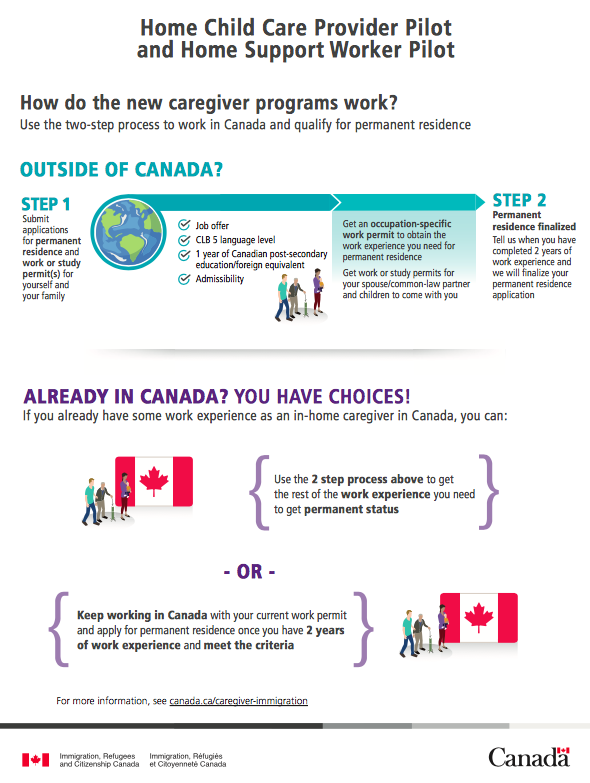
- Kindergarten or Elementary School Teacher – You’ll work for a local school district providing education for children between four and 12 years of age.
- Special Education Teacher – You’ll work with students who have mental, physical, emotional and learning disabilities.
- Self-employed Home-based Daycare Operator – You’ll operate your own home-based child care operation with full control and oversight of your business. You may need to obtain a child care license from your state child services department. You’ll need to create a safe and structured child care environment in your home, market and sell your services in the local neighborhood, communicate with parents, and manage administrative tasks like attendance tracking and tuition payments.
Start Your Own Child Care Center with Procare Solutions
If you’re excited by the prospect of opening your own in-home daycare, you’ll be even more excited at how easy it is to get started with Procare Solutions.
Our child care app are used by over 30,000 child care centers to:
- Manage and automate child care invoices and payment
- Engage parents with direct messaging, mass communications, and newsletters via email or SMS
- Develop and share lesson plans and record observations
- Manage child and family information
- Track child care enrollment and attendance
- …and a lot more
Want to see how Procare makes it easy to start and manage your own child care center?
Request a Demo
Request a demo and talk with one of our friendly Procare experts to get a tailored child care solution for the unique needs of your business.
Request a Demo
Become a Child Care Home Provider
Step 1 - Attend a Child Care Home Pre-Application Class
Contact your local Child Care Licensing office to get dates for pre-application classes scheduled in your area.
To attend the pre-application training online, select the Licensed or Registered Child Care Home Pre-Application Training on the Provider Training webpage. Complete the specific training you intend to apply for.
Complete the specific training you intend to apply for.
Once you complete all four training modules you will receive a certificate. You will be required to include this certificate with your application.
Step 2 - Become Familiar with Required Materials and Helpful Resources
You will receive an information packet during your pre-application class. The contents of information packets will include supplemental forms to complete the application process, as well as contact information for local Child Care Licensing staff.
Please review the following links to learn more about some of the things you will need to consider when applying to become a child care provider
Licensing Requirements
Licensing regulates child-care offered in center-based and home-based operations. Child care includes the care, supervision, training, or education of an unrelated child or children (13 or younger) for less than 24 hours per day in a place other than the child's own home.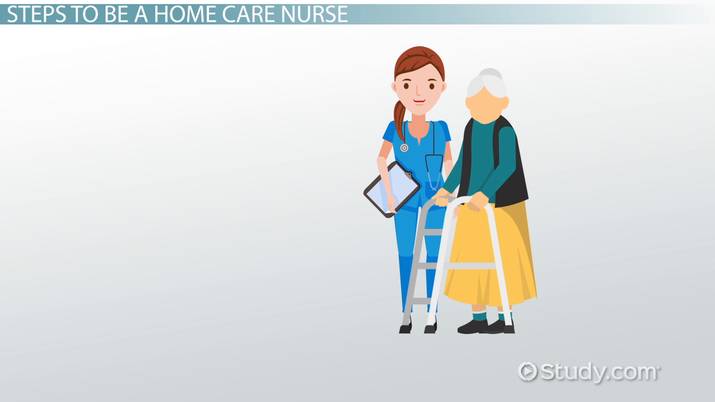
Licensed Child-Care Home
- Provides care and supervision to seven to 12 children 13 or younger (no more than 12 children can be in care at any time, including children related to the caregiver).
- Provides care at least two hours, but less than 24 hours, per day, for three or more days a week.
- Provides care in the primary caregiver's home.
- Must meet minimum standards.
- Receives at least one unannounced inspection per year.
Registered Child-Care Home
- Provides care and supervision for up to six unrelated children 13 or younger during school hours, and can also provide care and supervision for six additional school-age children after school hours (no more than 12 children can be in care at any time, including children related to the caregiver).
- Provides care at least four hours a day, three or more days a week, for three or more consecutive weeks; or four hours a day for 40 or more days in a 12-month period.
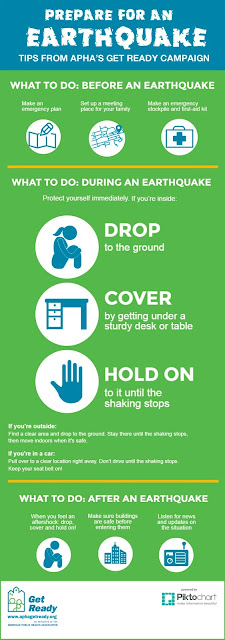
- Provides care in the primary caregiver's home.
- Must meet minimum standards.
- Receives at least one unannounced inspection every one to two years.
Listed Family Home
- Provides care and supervision for up to three unrelated children.
- Provides care at least four hours a day, three or more days a week, for three or more consecutive weeks; or four hours a day for 40 or more days in a 12-month period.
- Provides care in the primary caregiver's home.
- Must meet minimum standards.
- Is not routinely inspected unless a report is received alleging: child abuse or neglect, an immediate risk of danger to the health or safety of a child, or the caregiver is caring for too many children.
Background Checks
Certain persons at child-care operations are required to complete a background check, which may include a Central Registry (child abuse and neglect registry), FBI, and a sex offender registry check. Background checks must be completed before a person provides direct care or has direct access to children in care and on a recurring basis thereafter. If a person has a history of abuse or neglect or has a criminal history, then the person may be prohibited from being at a child-care operation.
Background checks must be completed before a person provides direct care or has direct access to children in care and on a recurring basis thereafter. If a person has a history of abuse or neglect or has a criminal history, then the person may be prohibited from being at a child-care operation.
Visit the background checks webpage to learn more.
Minimum Standards
Child Care Licensing develops rules for child-care in Texas. Each set of minimum standards is based on a particular chapter of the Texas Administrative Code and the corresponding child-care operation permit type. Minimum standards are designed to reduce risk for children by providing basic requirements to protect the health, safety, and well-being of children in out-of-home care.
Visit the Minimum Standards webpage to learn more.
Application Materials
Your complete application packet includes the application form, application fee, and other supplemental forms and documents. For example, a Plan of Operation, including policies and procedures, is a document that is a key part of the application for some licensed operations. It requires your time and attention. It is your written plan showing how you plan to comply with minimum standards. For example, it needs to include information about who is responsible for ensuring minimum standards are met at all times, the physical facility, activities, child to caregiver ratios, safety, and sanitation.
It requires your time and attention. It is your written plan showing how you plan to comply with minimum standards. For example, it needs to include information about who is responsible for ensuring minimum standards are met at all times, the physical facility, activities, child to caregiver ratios, safety, and sanitation.
Application Inspection
After you submit a completed application, Child Care Licensing staff will conduct an inspection to ensure you and your home comply with the applicable law and minimum standards. Licensing staff periodically inspects your home to make sure it continues to meet minimum standards. After you home demonstrates compliance with minimum standards, Licensing staff will issue you an initial or full permit.
Note: Listed Homes are not inspected unless a report is received alleging child abuse or neglect, an immediate risk of danger to the health or safety of a child, or the caregiver is caring for too many children.
Technical Assistance
Child Care Licensing staff will assist you every time you need it. We will support you at your pre-application class, at every inspection, over the phone, and on-line. We encourage you to use the forms and documents created for you. Visit the on-line Technical Assistance Library.
We will support you at your pre-application class, at every inspection, over the phone, and on-line. We encourage you to use the forms and documents created for you. Visit the on-line Technical Assistance Library.
Fees
Licensing is required to charge fees for processing applications, issuing permits, and conducting background checks. Licensing also collects an annual fee that is due each year on the anniversary date of the issuance of your permit. The money from fees is deposited in the state's general revenue fund.
Compliance History
Information about your home and its compliance history will be available on our public web site at web-site. It is available to anyone.
Zoning, Building Codes and other Legal Requirements
In some areas, you may need to meet zoning, building code, home owner association, and other requirements concerning the location and construction of a child-care operation. These are not licensing requirements, but you may have to meet them before local authorities will perform fire and sanitation inspections.
FAQs
The Frequently Asked Questions page will help you find general topics and specific information on many topics. It helps providers and applicants review policies and learn about recent changes too.
Training Resources
- Introduction to Minimum Standards for Listed Family Homes – Part 1 (PDF)
- Introduction to Minimum Standards for Listed Family Homes – Part 2 (PDF)
- Introduction to Minimum Standards for Listed Family Homes – Part 3 (PDF)
- Safe Sleep Training (PDF)
- Texas A&M Agrilife Extension Childcare Online Training
- Texas Trainer Registry
- GetParentingTips.com
Contact
Contact your local Child Care Licensing Office.
Step 3 – Create an online Child Care Licensing account
Create your Online Account. Once you have an online account with CCL, you will be able to submit an online application for your child care home operation. On the page where you create your account (the Create a Child Care Licensing Account page), select "No," for the question "Do you have a permit number?", and complete the online account registration form. Once you have successfully submitted your registration request, you will receive an email containing a link that you must click on in order to complete account activation.
Once you have successfully submitted your registration request, you will receive an email containing a link that you must click on in order to complete account activation.
If you do not receive the confirmation email (subject line "Complete Registration") within 24-hours, please check your spam folders. If you still have not received the email, attempt to register again and watch for any errors when you submit your registration. If you continue to have difficulty registering, please contact your local Child Care Licensing office.
After you have successfully registered and activated your account, you will need to log in to your account. Once you are logged in, you will be able to complete and submit an online application (eApplication) from within your account.
Step 4 – Submit an Online Application and Fees
After you have successfully registered and activated your account, you will need to log in to your account. Once you are logged in, you will be able to complete and submit an online application (eApplication) from within your account.
When your eApplication has been successfully submitted, you will receive a confirmation number. You will also receive instructions for submitting your fee payment and other supplemental documents. You can begin gathering supplemental information, but do not submit fee payments until Licensing contacts you with your operation number and sends you an invoice.
Within a few business days you should receive a call from a Child Care Licensing representative in your area to discuss the status of your application, provide you with an operation number (this will later become your permit number if you are granted a permit), and to help answer any outstanding questions that you may have.
You can also periodically check the status of your application by logging into your account.
What if I don't want to apply online?
If you prefer to complete a paper application, please complete the application packet forms and send it to your local Child Care Licensing office.
How to become a preschool teacher | ABiUS
In the field of pedagogy, high requirements are set for specialists, since it involves working with children.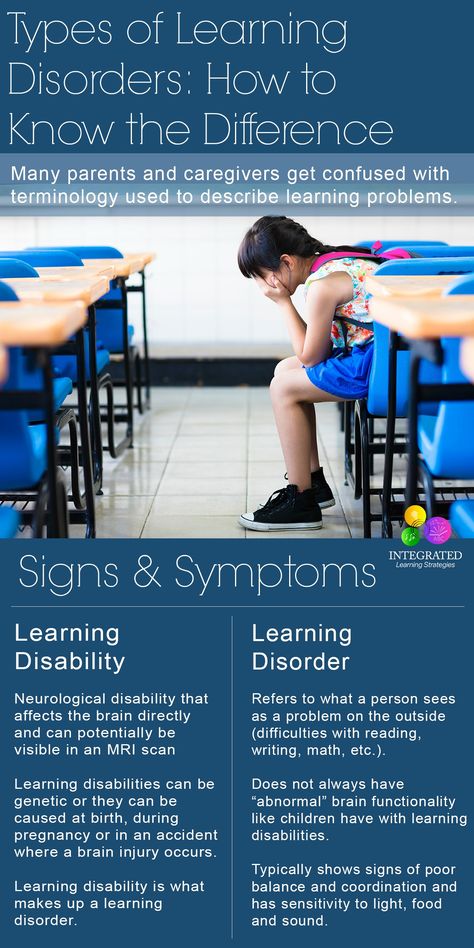 So random people do not become educators. This profession should be a vocation and a favorite thing for a person so that he can stay here for a long time and realize himself as a specialist. Therefore, at the first stage, it is important to determine whether this profession is suitable for a person. And then decide how to get the necessary qualifications to work with children
So random people do not become educators. This profession should be a vocation and a favorite thing for a person so that he can stay here for a long time and realize himself as a specialist. Therefore, at the first stage, it is important to determine whether this profession is suitable for a person. And then decide how to get the necessary qualifications to work with children
Contents:
- What is the profession of an educator
- Advantages and disadvantages of being an educator
- What are the requirements for the post of educator. Who can work as an educator
- Skills
- Personal qualities
- What education is needed for work
- Where to get the education of a preschool teacher remotely and diploma
- How to study at the Academy
- How to get a job as a kindergarten teacher for free
Educators are teachers who work with children up to 7 years of age.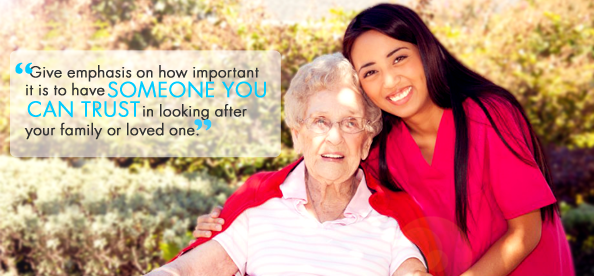 They look after the children and take care of their development. This is a sought-after profession, whose representatives work in kindergartens, camps and institutions of additional education. Demand for caregivers continues to grow as the government plans to build 760 public kindergartens in Russia by 2021 and continues to support private institutions in the regions.
They look after the children and take care of their development. This is a sought-after profession, whose representatives work in kindergartens, camps and institutions of additional education. Demand for caregivers continues to grow as the government plans to build 760 public kindergartens in Russia by 2021 and continues to support private institutions in the regions.
Most often, a new specialist begins his professional career as an assistant educator. In some cases, they can become even without specialized education. He cannot take part in the classes. Monitors cleanliness, performs the functions of a nanny. If a specialist has received a professional education, he moves to the next auxiliary level - the position of a junior educator. Now he is allowed to conduct classes. After receiving full qualification, he becomes an independent specialist. And after three years of work, he can become a senior teacher, and then the head of a kindergarten.
Caregivers work directly with children. Their main task is to promote the all-round development of children. They teach children the rules of hygiene, engage in their creative and mental development through play forms and help develop social skills in the group. Educators interact not only with wards. They communicate closely with parents, fill out paperwork and monitor the condition of the premises.
Their main task is to promote the all-round development of children. They teach children the rules of hygiene, engage in their creative and mental development through play forms and help develop social skills in the group. Educators interact not only with wards. They communicate closely with parents, fill out paperwork and monitor the condition of the premises.
The senior educator develops methodological plans, programs and recommendations. He is responsible for reporting, organizing events and supervising the work of other teachers.
The manager is in charge of management. This position is not pedagogical, but requires an understanding of all processes in kindergarten.
At the stage of planning your professional activity, it is important to immediately determine your career path in order to gradually approach the desired position.
To assess the attractiveness of your future profession, study the advantages and disadvantages of the job you have.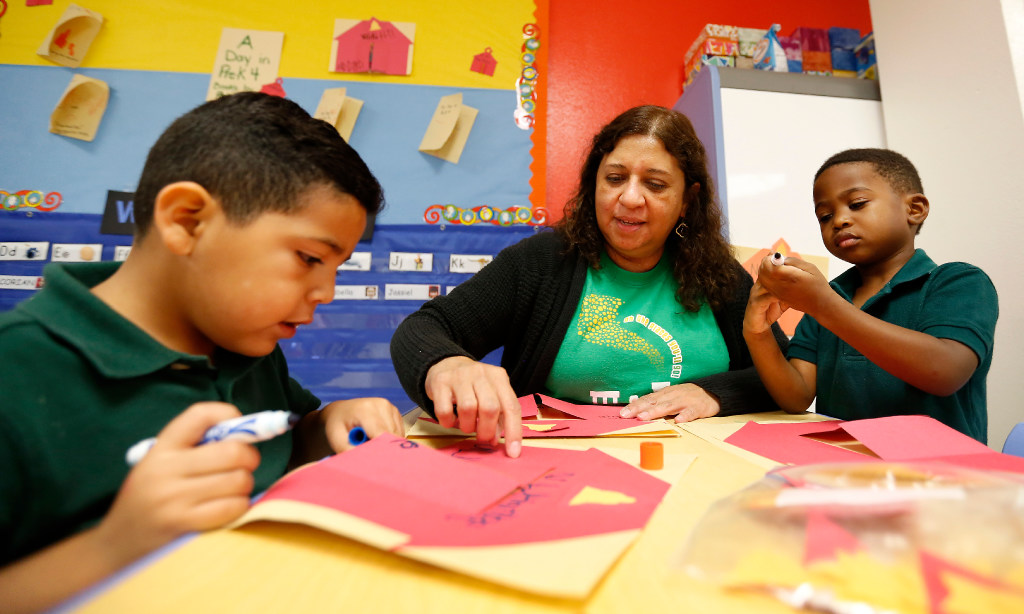
Benefits include:
- Passionate team
Kindergarten teachers are distinguished by dedication to their work and complete immersion in pedagogy. Here you can meet like-minded people who will support colleagues in their professional growth. - Freedom for creative projects
As a rule, heads and senior educators encourage non-standard ideas for organizing classes and space in the kindergarten. - Working with children
Only those who love children should become educators. Then working with them will bring pleasure. - Possibility to send your child to kindergarten without waiting in line
When a specialist has children of his own, this privilege becomes very pleasant. - Extended leave
Educators are entitled to 42 vacation days to recuperate and return to work. At the same time, good vacation pay is paid.
Disadvantages include:
- Strict schedule
The working day of the educator begins at 7.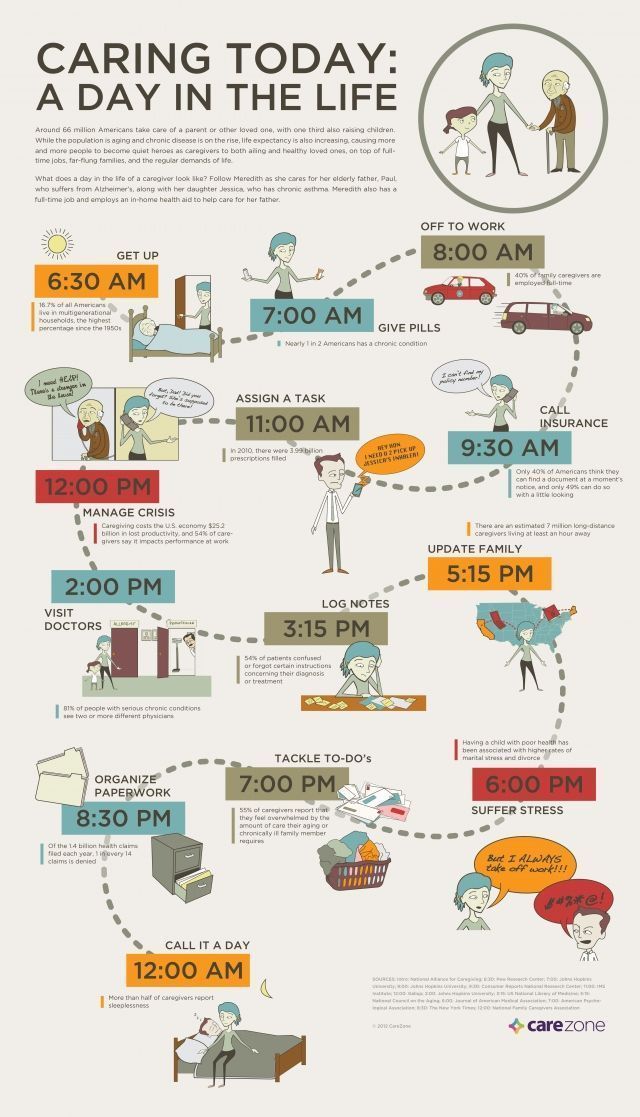 00-7.30 in the morning. Late arrivals are unacceptable. The working day ends in the evening when the last child is picked up. Some parents don't always make it on time.
00-7.30 in the morning. Late arrivals are unacceptable. The working day ends in the evening when the last child is picked up. Some parents don't always make it on time. - Emotional burnout
Teachers are at psychological risk. To avoid exhaustion, it is important to understand the triggers of burnout. - Lots of paperwork
The duties of the teacher include filling out reports and statements. In some institutions, they do this work by hand. Others have simplified this work by converting it to an electronic format. - Emotional involvement in the lives of children
Children quickly become attached to caregivers and can talk about difficult situations that occur at home. Problems in the child's family can become a moral burden for teachers. - Difficulty communicating with parents
Sometimes scandalous or indifferent parents come across. The teacher has to interact with everyone. The best assistant will be courtesy and professionalism.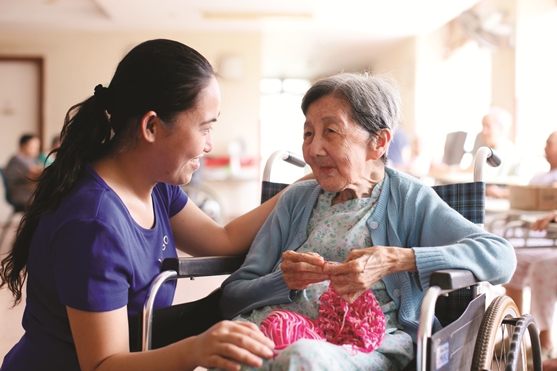
- Responsibility for the life and health of children
The teacher is responsible for the children while they are at his disposal. Therefore, it is important to control each child and take care of his safety.
The caregiver is often one of the first "alien" adults with whom the child interacts. Therefore, he must meet certain requirements, regularly develop his skills and confirm his qualifications every 5 years.
In addition to developed professional and personal qualities, the educator should not have active convictions and prolonged mental illness.
Skills
The activities of educators are regulated by the state professional standard for teachers. According to it, a specialist must have a secondary or higher pedagogical education, another option is a diploma from an institution of additional professional education. For training, it is important to choose a program designed in accordance with the professional standard with a certain required number of academic hours. It can be called “Pedagogy and methods of preschool education”, as in ABiUS.
It can be called “Pedagogy and methods of preschool education”, as in ABiUS.
The educator must understand child psychology, developmental psychology, the theory and methods of educating children of primary preschool age.
However, it is not enough to acquire knowledge, one must learn to apply it. For example, a professional should be able to determine the psychological state of the child and identify his needs.
An additional advantage in employment will be received by a teacher who has studied in depth speech therapy pedagogy or mastered non-standard pedagogical methods, for example, Montessori. Also of great importance is knowledge of the basics of special pedagogy, which concerns children with disabilities (HIA). Since more and more kindergartens are becoming incorporated, which means joint education of children with different abilities.
Personal qualities
Each institution usually has local requirements under which supervisors select candidates.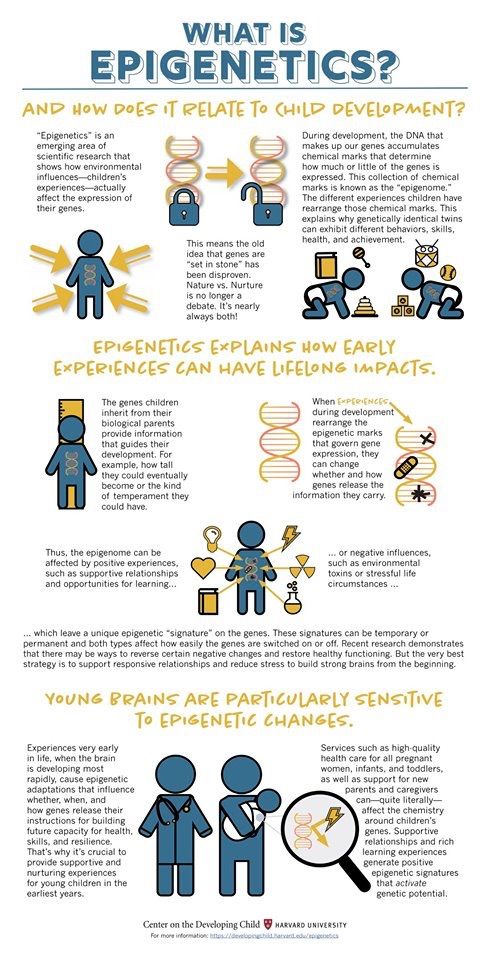 At the same time, it is difficult to say where the requirements for a teacher are more stringent - in public kindergartens or in private ones.
At the same time, it is difficult to say where the requirements for a teacher are more stringent - in public kindergartens or in private ones.
Employers usually expect a caregiver to be:
- sociable to successfully find an approach to children and their parents
- friendly so that children can quickly gain confidence in a stranger
- with a positive mindset to cope with the challenges of a difficult profession
- caring and attentive to children so that parents can safely trust their child's caregiver
- creative to come up with interesting activities and holidays
- curious to explore the world together with children and enjoy discoveries with them
- stress-resistant to avoid emotional burnout and excessive emotions when communicating with parents or naughty children
- focused on development, so that the educator will want to improve their skills
Who can work as an educator
Most often, a person has an idea to become an educator when he notices a warm attitude towards children.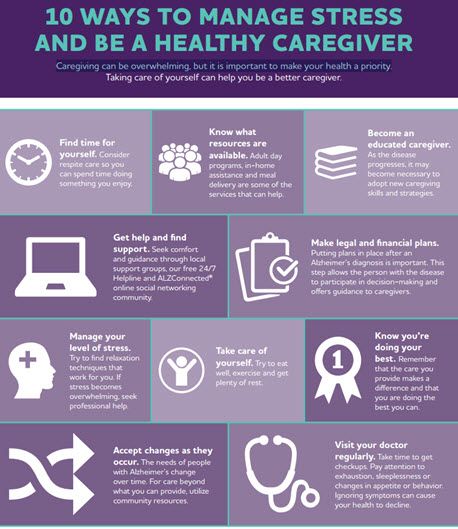 But as he gets acquainted with the specifics of the profession, he discovers that love for children and the ability to work with them are two different things. Therefore, initially you should check whether he should go to pedagogy. The qualities described below characterize a person who is ready to become an educator:
But as he gets acquainted with the specifics of the profession, he discovers that love for children and the ability to work with them are two different things. Therefore, initially you should check whether he should go to pedagogy. The qualities described below characterize a person who is ready to become an educator:
- You are responsible and know how to evaluate your strengths.
- You are attentive to details: in the behavior of people and in the environment.
- You are not afraid of unexpected situations and can react calmly.
- You are ready to plunge into work and constantly develop in the chosen direction.
- You know how to control yourself and your emotions.
- You have high emotional intelligence and empathy.
- You understand all the risks of your profession
You can study to become an educator at a special college, university or in centers of additional professional education.
College is taken after the ninth and eleventh grade of school. College students devote a lot of time to the practical skills of a preschool worker. They undergo internships in kindergartens and can gain useful experience by the age of 18-20.
At the university, a student can go to the pedagogical faculty and get the specialty "educator". Most diplomas marked “preschool education” will be well received by future employers. For 4-5 years, students deeply study the basics of pedagogy, psychology and health, as well as get acquainted with new trends in education.
No teacher education
If the first higher education is not related to pedagogy, you can become an educator by completing program professional retraining in institutions of further professional education and receive a diploma of the established sample in 2 or 4 months on the job.
Appropriate certification and qualification vocational training programs are sufficient to work as a caregiver or assistant. All these programs are available in ABiUS.
All these programs are available in ABiUS.
- Retraining program "Educator of preschool"
- Professional training program "Junior Educator"
- Career Assistant
When a specialized education has been received, one can deepen one's knowledge through advanced training programs.
Distance format makes learning more convenient and accessible. You can get training according to the program from expert developers at any convenient time, being in any city, using a computer, tablet or smartphone.
Many centers for professional retraining and advanced training offer their specialized programs. However, not all programs meet the state professional standards of a preschool teacher (DOE).
The Academy presents programs in the direction "Preschool education" that meet professional standards. They are divided into three main sections - professional retraining programs, advanced training programs and vocational training programs. Depending on the purpose of training, you can choose a suitable program with the required number of study hours.
They are divided into three main sections - professional retraining programs, advanced training programs and vocational training programs. Depending on the purpose of training, you can choose a suitable program with the required number of study hours.
For example, retraining programs are designed for 260-510 hours and take from two to four months. The student studies the legal aspects of the future profession, psychology, didactics, the basics of hygiene and physiology of preschoolers and other pedagogical disciplines. He can independently regulate the speed of passing the program within the time of mastering the course. At all stages he is assisted by a personal curator.
The student masters the necessary knowledge and skills, passes the intermediate and final checks in the form of tests. After successfully passing the exam, the future educator is awarded a qualification and a document on education, established by the state, is sent by mail. Diplomas and certificates issued by the Academy are registered in a special state system FIS FRDO, so the authenticity of documents can always be verified.
After such professional training, an individual may apply for a job in a private or public preschool.
How to get a job as a kindergarten teacher for free?
In 2022, it is possible to study as a kindergarten teacher at the expense of the state within the framework of the federal project "Employment Promotion". The project is being implemented with the support of the Russian Ministry of Labor within the framework of the Demography national project. Will last until 2024.
You can apply to participate in the project if:
- you are an unemployed mother of a child of preschool age;
- are on leave to care for a child up to 1.5 or 3 years old;
- you are over 50 years of age or a pre-pensioner;
- are registered with the CZN as unemployed;
- are at risk of layoffs or layoffs.
This year, young people under the age of 35 will also be able to receive free education, which belongs to the category:
- citizens who completed military service and were unemployed for more than 4 months
- citizens who do not have secondary vocational or higher education and do not teach it
- university and college graduates who have been unemployed for more than 4 months from the date of graduation
- citizens at risk of dismissal (downsizing or liquidation of the organization)
- students of colleges and universities of the last years who applied to the Center for Health Care and for whom there is no suitable job.

Set-2022 is already open!
Within the framework of the AB&US project, it implements 39 programs in 11 areas free of charge. The number of places for participants is limited. Hurry up to apply to have time to pass the quota.
More about participation in the Employment Promotion project: open presentation of project
Application instructions: open instruction
If you have any questions, our managers will be happy to help you! Call: 8-800-5000-949
The salary of an educator in the USA: how much they earn in America
Despite the fact that this profession can be considered quite rare for potential immigrants, the salary of an educator in the USA is of interest to some of our compatriots who are looking for work overseas. Educators in America earn good money when compared with the CIS countries.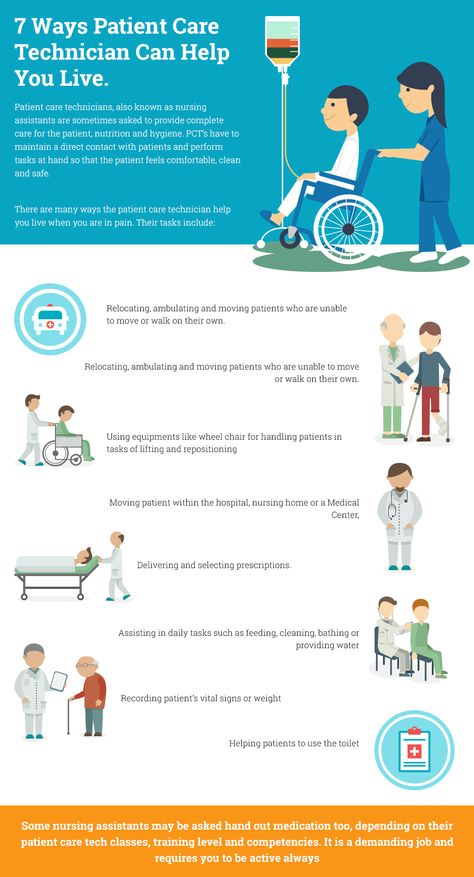 However, people live there and have expenses not in rubles or other "our" currencies, and the cost of living is quite high.
However, people live there and have expenses not in rubles or other "our" currencies, and the cost of living is quite high.
Job Description
The job of a kindergarten teacher is to work with children under the age of five in accordance with established standards and programs. Kindergarten teachers work with children on early reading, numbers, colors and writing skills. Responsibilities include preparing and conducting lessons, working individually and in groups that can help children learn the material, as well as maintaining control and routine in the classroom.
In the US, the job of a teacher is somewhat different from what most of us are used to.
How to Become a Kindergarten Teacher
The salary of a kindergarten teacher in America often depends on the level of education and a number of other factors. To qualify for this position, you must have a bachelor's degree in elementary education, early childhood education, early childhood development, or a related field.
During your studies, you must complete an internship with a certified specialist. This experience working with children will help you gain the skills you need to maintain order and efficiency throughout the day. Finally, if you plan to work in a public kindergarten, you must meet the requirements of your state board of education in order to obtain a teaching license.
What makes a good kindergarten teacher?
A good kindergarten teacher loves children, their development and learning. You must also be able to combine enjoyment with maintaining control of the group. You should try to connect with your students. As a kindergarten teacher, you must meet the standards of your preschool while providing a well-rounded education for your young students.
Kindergarten teachers wear comfortable, casual but professional attire that conforms to the dress code.
Being a kindergarten teacher is an active job that requires you to interact with students in different scenarios throughout the day. You should be able to move freely in your clothes and not worry too much about getting dirty. Some kindergartens may require all teachers to wear uniforms or other uniform clothing.
You should be able to move freely in your clothes and not worry too much about getting dirty. Some kindergartens may require all teachers to wear uniforms or other uniform clothing.
What is it like to be a kindergarten teacher?
Being a kindergarten teacher can be an exciting but extremely challenging and even tiring career. You must manage a classroom filled with energetic and easily distracted 4-5 year olds while adhering to state and school learning standards. Kindergarten education requires special organization, but also flexibility.
The job of a kindergarten teacher is often a kind of "organized chaos" and many teachers find satisfaction in watching their students grow and succeed.
Earnings
As of May 2021, the average salary for a caregiver in the US is $34,801 per year. This is equivalent to about $16.73 an hour, $669 a week, or $2,900 a month.
The ZipRecruiter job site lists an annual salary of $16,000 to $49,000. Most kindergarten teacher salaries currently range from 29$000 (25th percentile) to $40,500 (75th percentile) and the highest paid workers (90th percentile) earn $45,500 a year. The average pay range for an American kindergarten teacher varies greatly (by $11,500), indicating that there are many opportunities for promotion and pay increases depending on skill level, location, and experience.
The average pay range for an American kindergarten teacher varies greatly (by $11,500), indicating that there are many opportunities for promotion and pay increases depending on skill level, location, and experience.
Top 10 highest paying cities for kindergarten teacher jobs
As in other industries, caregivers in the US receive different amounts of money depending on where they live.
| City | per year | Per month | per week | per hour |
| New York | $40,617 | $3,385 | $781 | $19.53 |
| San Mateo | $40,081 | $3,340 | $771 | $19.27 |
| Boston | $38,790 | $3,233 | $746 | $18.65 |
| Juneau | $38,786 | $3,232 | $746 | $18.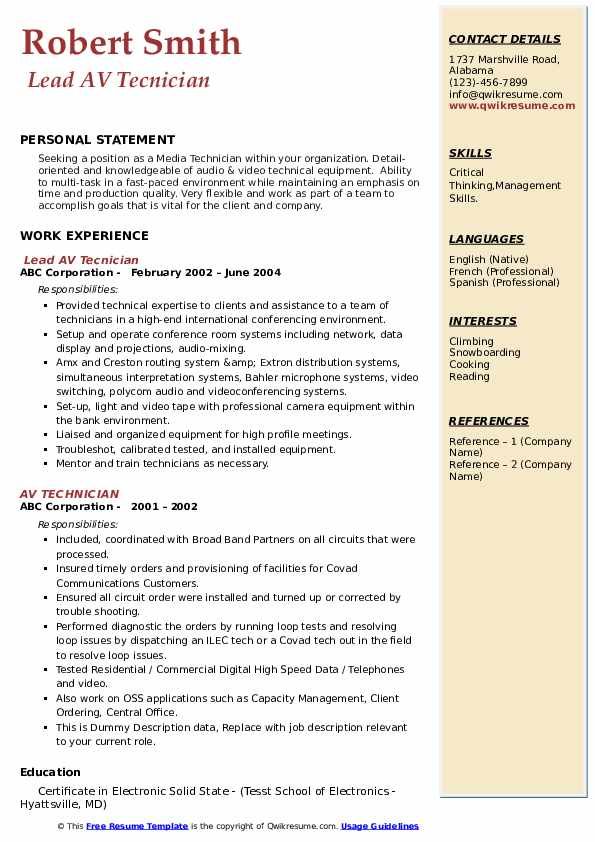 65 65 |
| Berkeley | $38,520 | $3,210 | $741 | $18.52 |
| Daly City | $38,411 | $3,201 | $739 | $18.47 |
| Santa Monica | $38,340 | $3,195 | $737 | $18.43 |
| Worhees Township | $38,273 | $3,189 | $736 | $18.40 |
| Quinzie | $38,182 | $3,182 | $734 | $18.36 |
| Renton | $38,161 | $3,180 | $734 | $18.35 |
Top 5 Best Paid Kindergarten Teacher Jobs
There are at least five kindergarten teacher positions that pay more than the typical average kindergarten teacher salary. The data is shown in the table below.
| Job title | per year | Per month | Week | per hour |
| Junior group teacher | $70,686 | $5,890 | $1,359 | $33.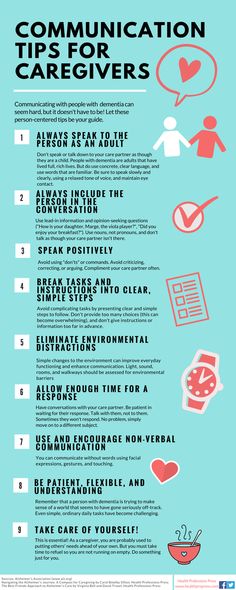 |

